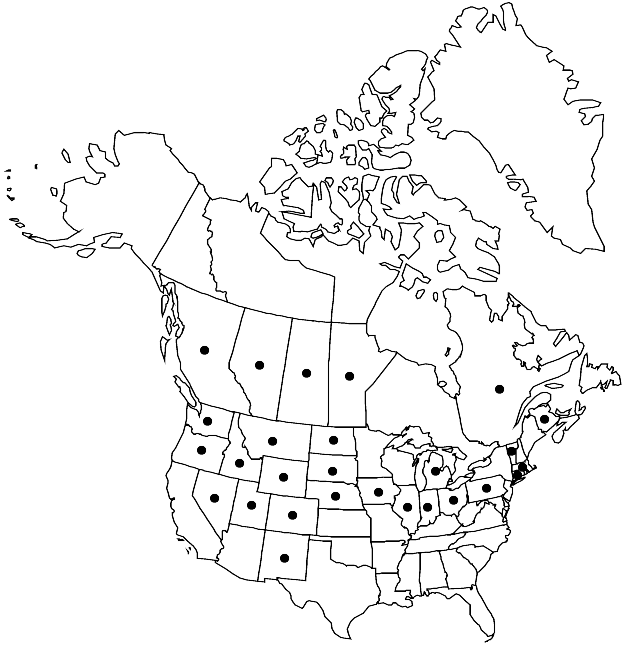Difference between revisions of "Sisymbrium loeselii"
Cent. Pl. I, 18. 1755.
FNA>Volume Importer |
FNA>Volume Importer |
||
| Line 47: | Line 47: | ||
|publication year=1755 | |publication year=1755 | ||
|special status= | |special status= | ||
| − | |source xml=https://jpend@bitbucket.org/aafc-mbb/fna-data-curation.git/src/ | + | |source xml=https://jpend@bitbucket.org/aafc-mbb/fna-data-curation.git/src/f6b125a955440c0872999024f038d74684f65921/coarse_grained_fna_xml/V7/V7_1145.xml |
|tribe=Brassicaceae tribe Sisymbrieae | |tribe=Brassicaceae tribe Sisymbrieae | ||
|genus=Sisymbrium | |genus=Sisymbrium | ||
Revision as of 20:20, 24 September 2019
Annuals; densely hispid at least proximally. Stems erect, branched distally, (2–)3.5–12(–17.5) dm, often densely hispid proximally, (trichomes retrorse), usually glabrous distally. Basal leaves rosulate; petiole 1–4(–5) cm; blade broadly oblanceolate (in outline), (1.5–)2.5–8(–12) cm × (10–)20–50(–70) mm, margins runcinate to lyrate-pinnatifid; lobes 2–4 on each side, much smaller than terminal lobe, margins entire or dentate, (terminal lobe triangular, often hastate). Cauline leaves similar to basal; blade (much smaller than basal, to 1.5 cm wide), margins entire or toothed. Fruiting pedicels divaricate or ascending, slender, narrower than fruit, 5–12(–15) mm. Flowers: sepals ascending, oblong, 3–4 × 1–1.5 mm; petals spatulate, 6–8 × 2–3 mm, claw 2.5–3.5 mm; filaments 3–4.5 mm; anthers ovate, 0.6–1 mm. Fruits (ascending to suberect, young fruits not overtopping flowers), narrowly linear, curved or straight, subtorulose, slender, 2–3.5(–5) cm × 0.9–1.1 mm; valves often glabrous; ovules 40–60 per ovary; style stout, 0.3–0.7 mm; stigma prominently 2-lobed. Seeds 0.7–1 × 0.5–0.6 mm. 2n = 14.
Phenology: Flowering late May-early Nov.
Habitat: Valleys, stream banks, fields, roadsides, pastures, waste grounds, vacant lots, prairies, disturbed sites, railroad tracks
Elevation: 0-2400 m
Distribution

Alta., B.C., Man., N.B., Que., Sask., Colo., Conn., Idaho, Ill., Ind., Iowa, Mass., Mich., Mont., Nebr., Nev., N.Mex., N.Dak., Ohio, Oreg., Pa., S.Dak., Utah, Vt., Wash., Wyo., e Europe, w, c Asia.
Discussion
Selected References
None.